MURFREESBORO, Tenn. — Middle Tennessee State University recently hosted 32 high school students from as far away as Alabama, Kentucky, and New Mexico who converged on campus recently for a summer camp to learn about forensic science and what is really involved in crime scene investigation, also known as CSI.
Sponsored by the MTSU Forensic Institute for Research and Education, better known as FIRE, the 2024 CSI: MTSU Forensic Summer Youth Camp allowed participating rising ninth to 12th graders to hear from working professionals from the Tennessee Bureau of Investigation, the Murfreesboro Police Department, and faculty from the College of Liberal Arts.
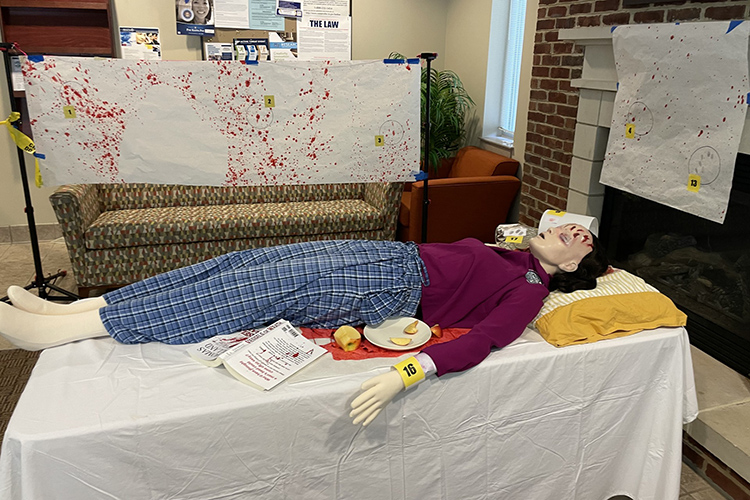
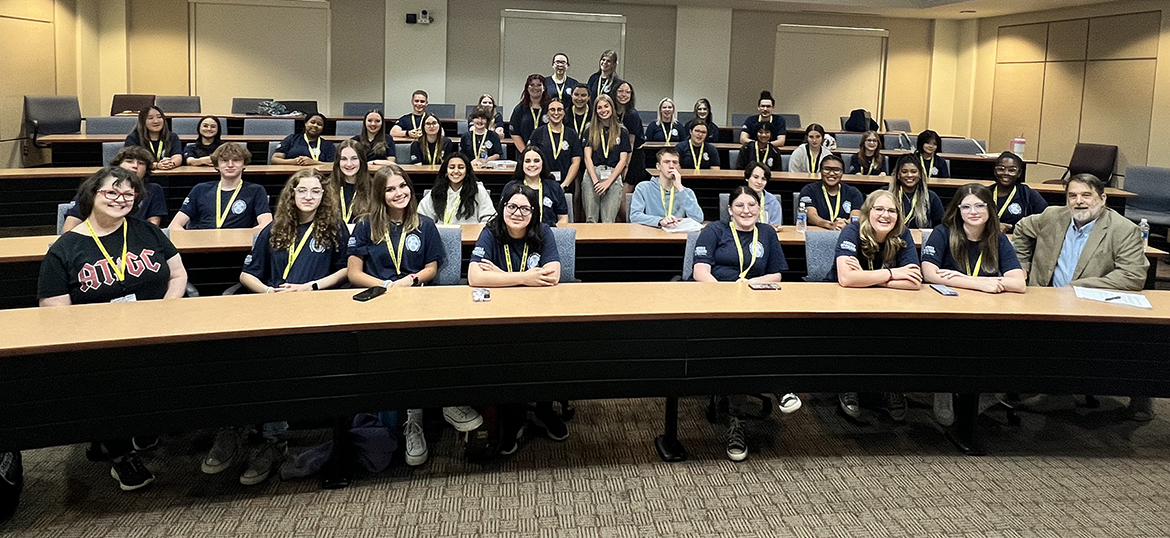
The annual camp, which ran June 11-14, was held this year in and around the MTSU Honors College and culminated with the students working a mock homicide scene in teams and presenting their findings to a panel of judges, which awarded a winner, at the MT Center.

Among the hands-on activities offered at the camp, attendees were given a tour of the Murfreesboro evidence response van and received a lecture on how to document a crime scene from current MPD investigators, and graduates of the MTSU forensic science program, Anna Yuhas and Regan Edwards.
The highlight of the FIRE camp was getting to solve a mock homicide scene set up at the Honors College, organizers said.
The annual camp allows students to explore many unique career possibilities in forensic science by providing a “real life” reason to tackle higher level math and science courses, develop skills in teamwork, learn to observe and interpret details, and hone critical thinking and presentation skills.
Forensic science, at the most basic level, is the application of science to matters of legal significance — fingerprints, toxicology, ballistics, DNA, skeletal analysis — any area of science that can assist the legal system in resolving a case or controversy, according to FIRE’s website.
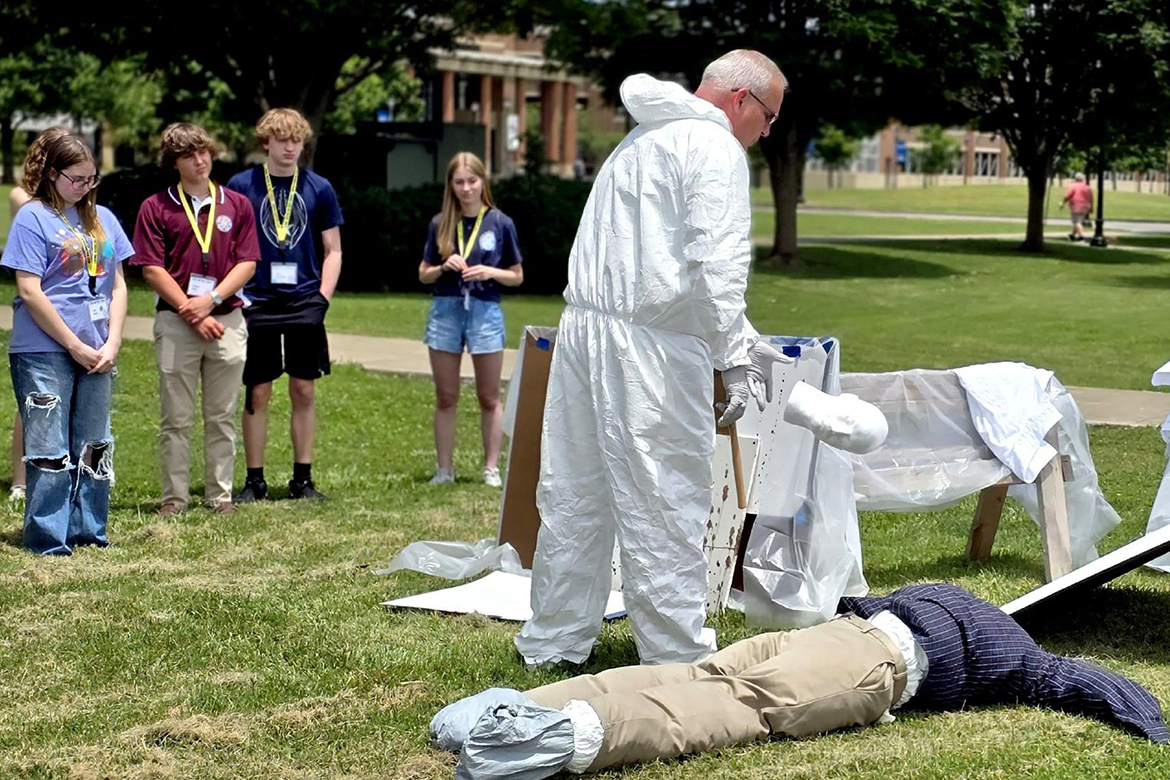
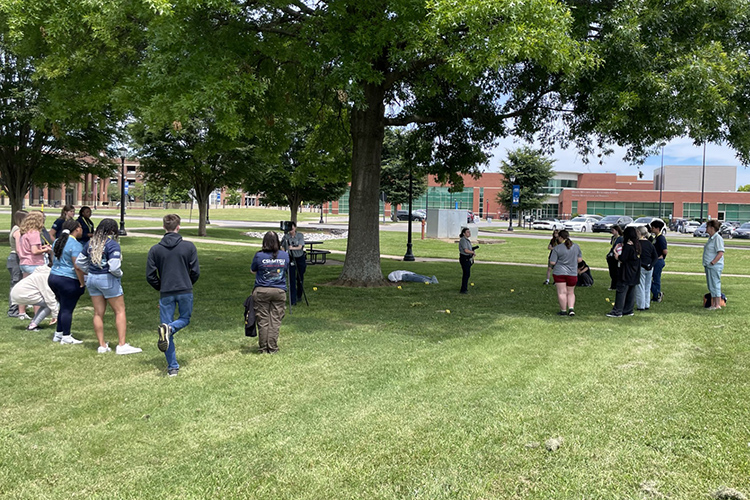
About FIRE
Founded in 2006 by nationally known and respected forensic anthropologist Hugh Berryman, Ph.D., FIRE augments MTSU’s already strong Forensic Science, Anthropology and Criminal Justice programs by providing integrative opportunities for students in different fields to engage in common projects.

One way this is done is through sponsorship of the Forensic Anthropology Search and Recovery, or FASR, Team, which involves students in real-world forensic recoveries at the request of local and state law enforcement agencies.
Other FIRE activities include a speaker series that brings internationally known forensic scientists and legal scholars to campus for the benefit of the public and the MTSU community. FIRE is currently led by Director Thomas Holland, JD, Ph.D. For more information about the program, email fire@mtsu.edu or visit www.csimtsu.com.
— Jimmy Hart (Jimmy.Hart@mtsu.edu)
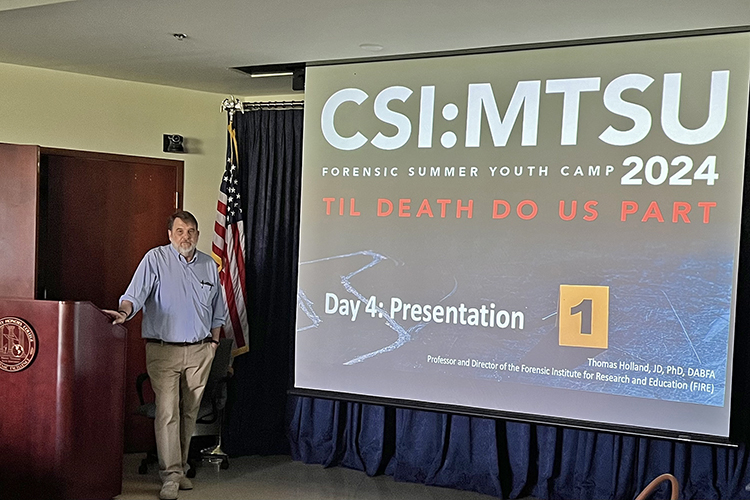
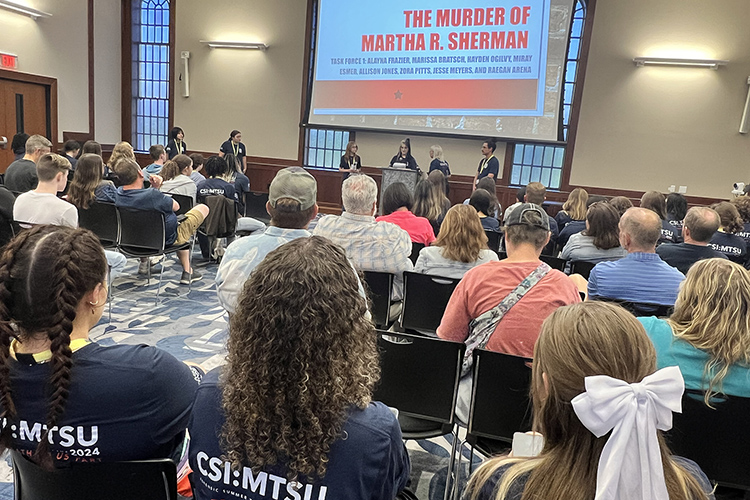

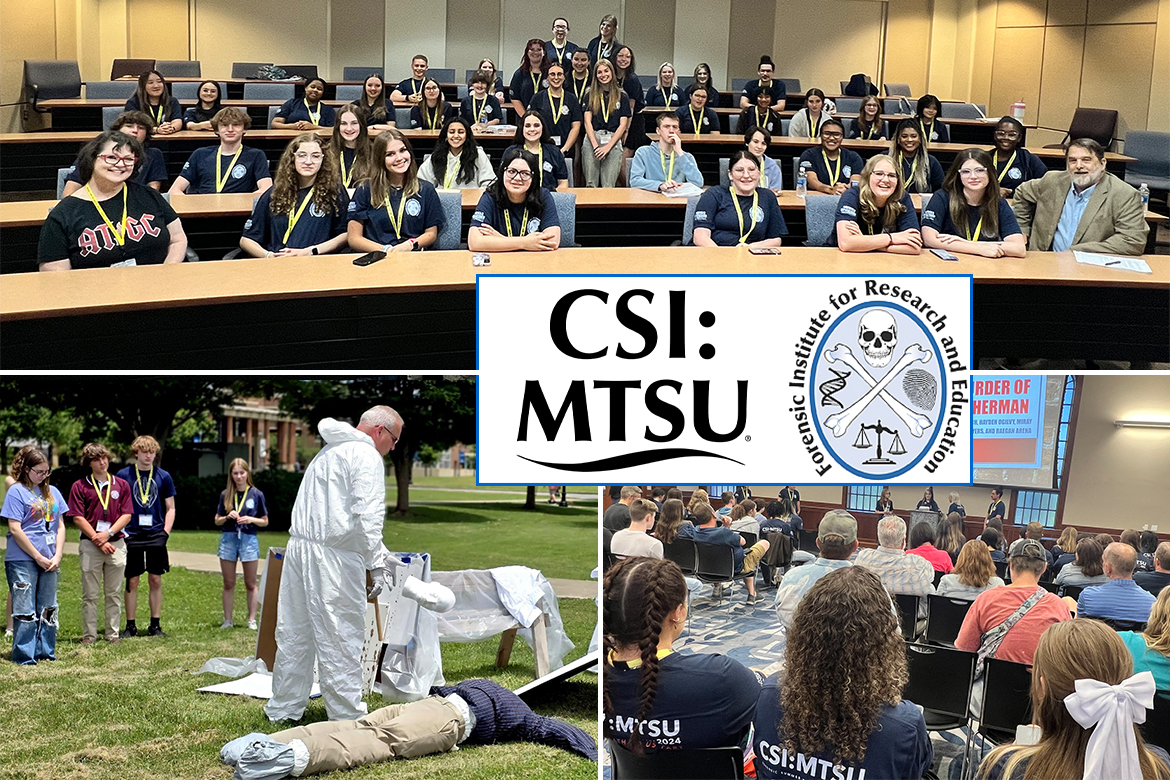
COMMENTS ARE OFF THIS POST